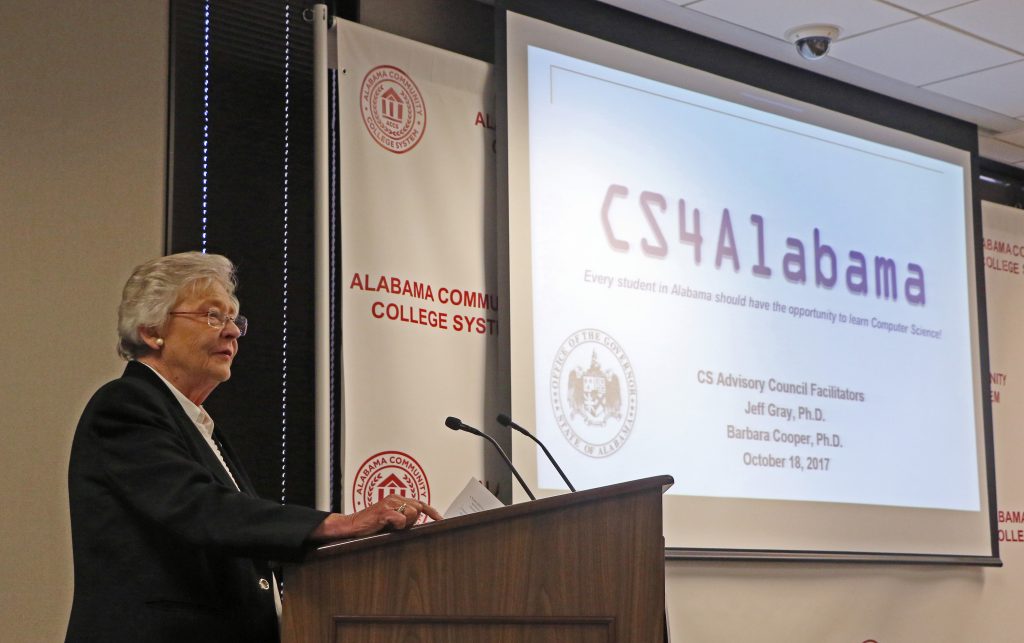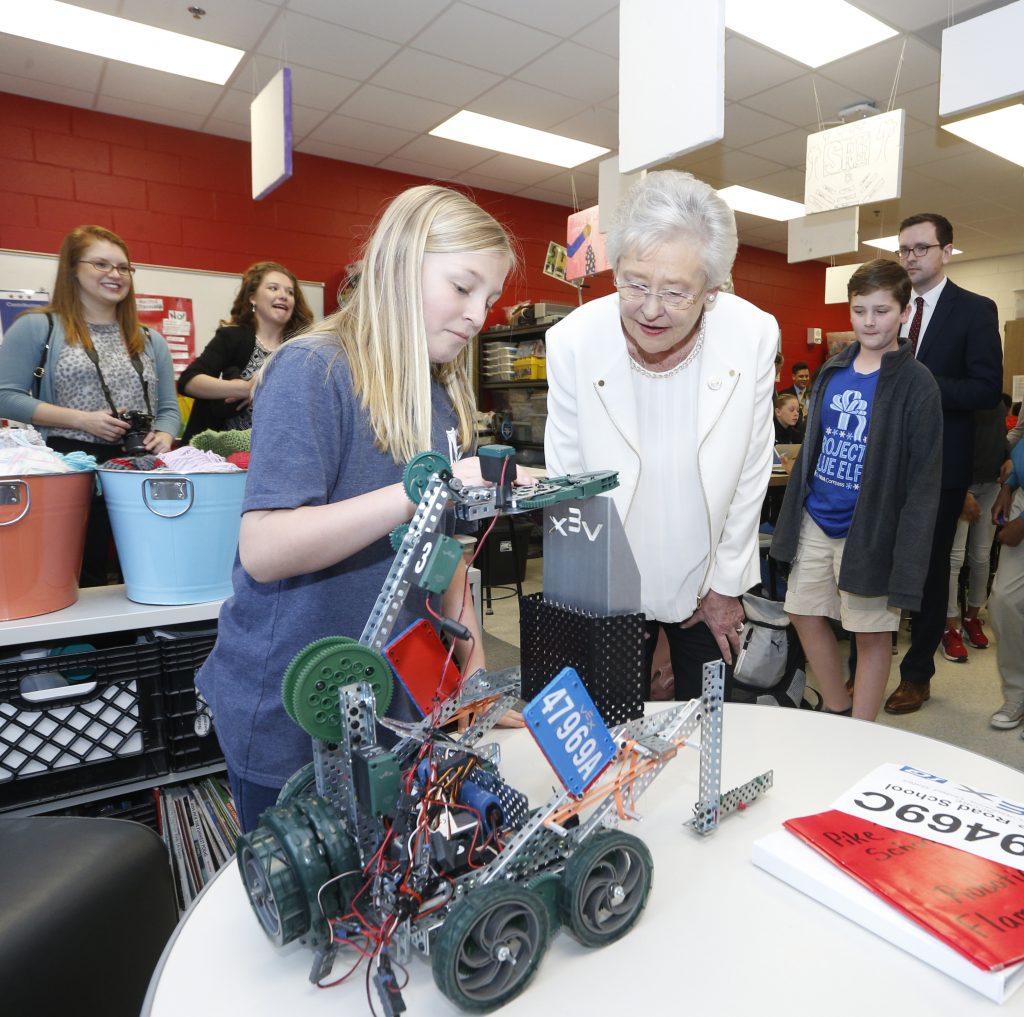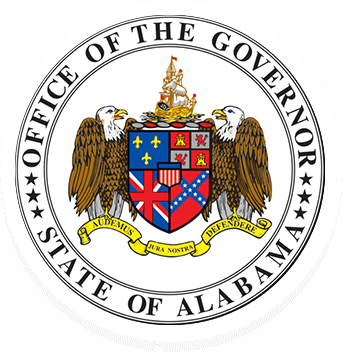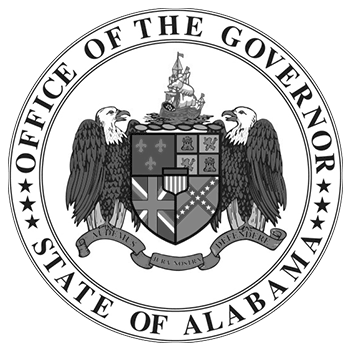Computer Science for Alabama (CS4AL)

Alabama is a STEM-rich state. We are home to a burgeoning bio-tech hub between Birmingham and Huntsville, which is leading the way nationally in aerospace, cybersecurity, biomedicine and advanced manufacturing.
Thirty-four of Alabama’s 40 Hot Demand Occupations require secondary and postsecondary STEM education. Between 2017 and 2027, STEM jobs will grow by 9 percent in Alabama, while non-STEM jobs will only grow by 5 percent.
Labor market projections indicate a growing gap in the supply of qualified employees for middle skills jobs—those that require training beyond high school but less than a four-year degree.

The CS4AL Initiatives Aligned to Strong Start, Strong Finish Benchmarks 3-5
Numerate by Age Eight
Governor Ivey established the Governor’s Advisory Council for Excellence in STEM (Governor’s ACES) to prepare Alabama’s workforce for occupations focused on science, technology, engineering, and mathematics (STEM) skills and to increase mathematics and science achievement among Alabama’s students.
The Governor’s ACES, chaired by Dr. Neil Lamb of HudsonAlpha, presented Governor Ivey with Alabama’s Roadmap to STEM Success, a plan to improve STEM education across the state and create a workforce pipeline critical to filling the more than 850,000 STEM-related occupations that will be needed in the state by 2026.
The State Department of Education assembled a diverse team of educators, administrators, and higher education personnel to create digital literacy/computer science standards for our state, which were approved in March 2018.
Career Exploration and Discovery
Since taking office, Governor Ivey has held an annual Governor’s Computer Science Summit to bring together students, teachers, future teachers, government and business leaders, and other stakeholders to create momentum for sustained expansion of CS education in Alabama.
Governor Ivey signed Act 2018-480, creating the Alabama School of Cyber Technology and Engineering (ASCTE) in 2018. The ASCTE, based in Huntsville and scheduled to begin registering students in the fall of 2020, is a destination magnet school that will also serve as the hub for computer science professional development in Alabama.
The ASCTE board of directors hired Matt Massey to be the first president in June 2019, and the school opened in the fall of 2019 on a transition site at the campus of Oakwood University.
During the 2019 Legislative Session, Governor Ivey signed the Computer Science for Alabama Act, which requires the ALSDE to develop secondary teacher certification pathways for CS. Three computer science certification options must be created: a traditional secondary pathway, an endorsement option for passing the CS Praxis, and a course-specific permit option. The act also preserves career and technical educator certifications for teaching CS in a CTE setting.
College and Career Readiness
In September 2017, Governor Ivey established the Governor’s Computer Science Advisory Council (CSAC) which is co-chaired by Drs. Barbara Cooper and Jeff Gray. The CSAC is made up of educators, business and industry representatives, and government leaders.
The CSAC has made the following recommendations: (1) create high-quality academic K-12 computer science standards to guide implementation of courses; (2) allocate funding to enable all schools to offer CS through professional development of teachers.
The CSAC released its final state policy report and recommendations at the second annual Governor’s Computer Science Summit in April 2019.
The Computer Science for Alabama Act (Act 2019-389) provides for a permanent advisory role for the Governor’s Computer Science Advisory Council as Alabama implements its provisions.
As part of her efforts to engage students in STEM, Governor Ivey also hosts an annual coding challenge called the “Governor’s App Challenge,” which gives K-12 students an opportunity to gain recognition and prizes for their mastery and application of computer programming and design.

